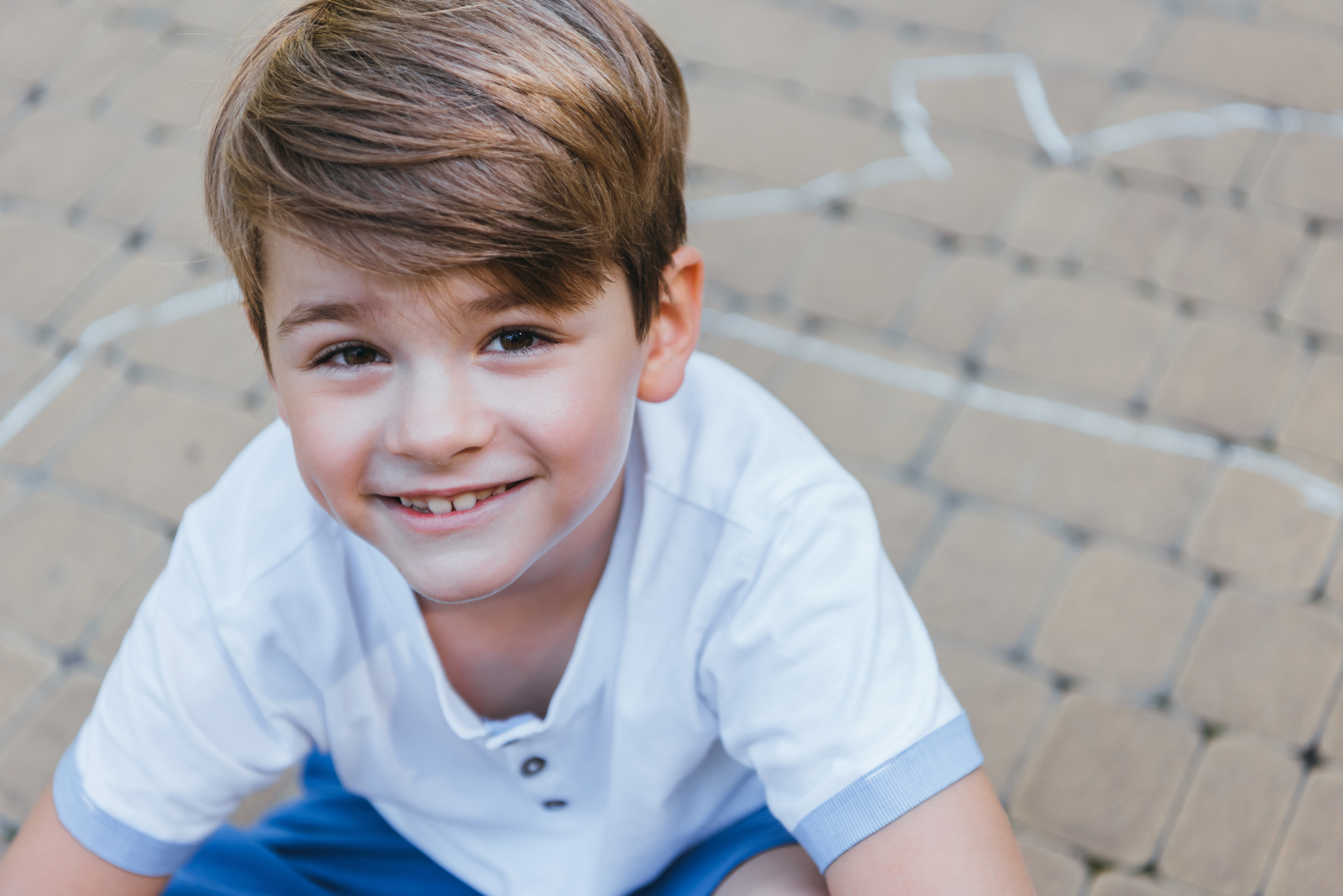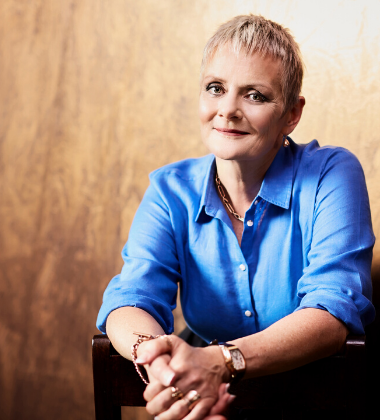The nature of children’s health around the world is changing. There is now a ‘new morbidity’ occurring, with obesity, mental health conditions, self-harm and suicide taking centre stage. Having worked as a teacher and guidance counsellor for the past 25 years, I have had a front-row seat watching the dramatic rise in anxiety disorders, depression and suicide affecting our kids.
According to the Australian Bureau of Statistics, over 560,000 Australian children and young people have mental health problems and the World Health Organization’s report into child and adolescent mental health illustrates that these statistics are reflected in the USA, Canada, the United Kingdom and Europe. If left untreated, these conditions severely influence children’s development, their educational attainments and their potential to live fulfilling and productive lives. These statistics are not merely numbers on a page; they are young people who each have a name, a face, a family and a future.
The good news is as significant adults for our children, the real difference is in our hands; the parenting practices we use have a substantial influence on our children’s psychological wellbeing. Almost fifty per cent of the factors that determine children’s psychological wellbeing and happiness come from the environments in which they are raised. This doesn’t mean that genetics don’t play a part. But as Daniel Goleman, an expert in emotional and social intelligence, describes in his book Social Intelligence, ‘it is biologically impossible for a gene to operate independently of its environment, genes are designed to be regulated by signals from their immediate surroundings.’ This means that there is a lot we can do to ensure our children reach their own unique potential and develop their own healthy, strong psychological wellbeing that enables them to face the future with confidence.
Every adult who comes into contact with children can foster the mindsets, habits, tools and skills that children need for psychological wellbeing throughout childhood, adolescence and into adult life.
Every day we have opportunities to help our kids build their mental fitness muscles and resilience.
We can help them develop habitual behaviours and ways of thinking that become encoded ways of automatically thinking and responding.
We successfully did this with the ‘slip, slop slap’ campaign, and the rates of skin cancer plummeted because both adults and kids became used to those habits and now don’t go out in the sun without their hats, sunscreen and long-sleeved shirts.
Now it’s time to turn our attention inwards to their mental wellbeing and habits. We need to help our kids develop daily habits that take care of their mental health – just like they take care of their physical health by exercising and eating enough fruit and vegetables. These habits need to become second nature, just like putting on their sunscreen so that we can prevent mental health problems such as anxiety, depression, self-harm and suicide occurring.
The last two decades have witnessed increasing empirical research that has provided us with rich data about what people need to thrive and fulfil their potential. As a researcher and educator, I have made it my goal to follow the emerging research and translate it into simple, practical strategies and tools that parents I work with can immediately implement in their day-to-day lives to sow the seeds of psychological wellbeing in their children and help them develop habits that will last a lifetime.
Our kids are intelligent and can use the information we give them to shape the architecture of their brain and the way it functions and responds to different situations.
It’s up to us to provide them with the knowledge and tools they need to become the best versions of themselves. The way we raise our children has a ripple effect on society – it influences the type of adults they become, how they parent their children, and then how those children parent their children.
I have no doubt we can raise a mentally fit generation of strong, resilient, compassionate and kind human beings.
To view on YouTube:









